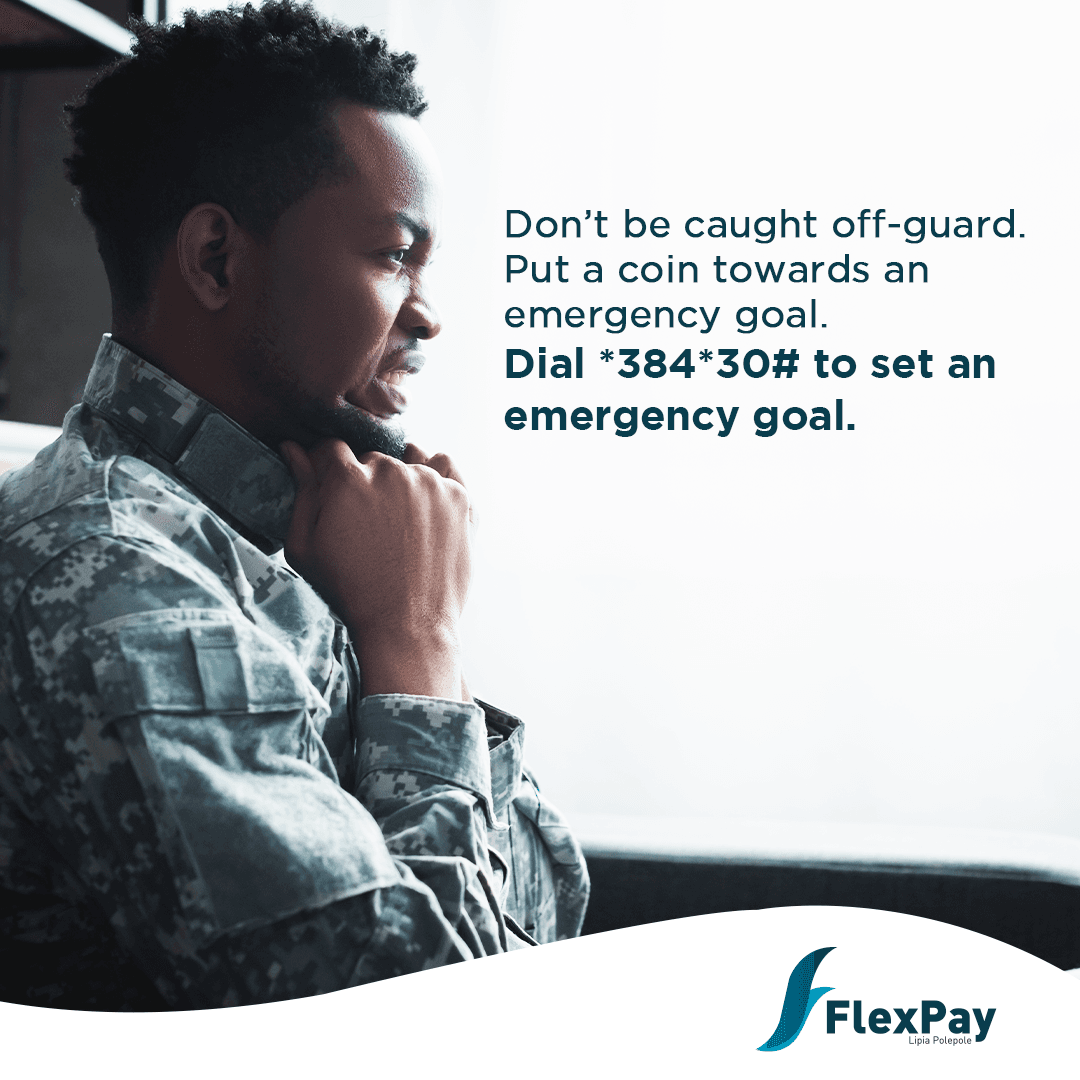Emergency Savings; Everything you need to know

Mid-month. Have you ever noticed how financial needs crop up from just about anywhere after using your last coin? Parents need medical care; a sister needs pocket money or maybe school fees arrears; your car needs some repair that wasn’t necessary one week earlier when you had the money.
Sadly, an emergency cannot wait until the next time you have money for it to be sorted out. They come unexpectedly, and as the name suggests, they are emergencies.
How to handle an emergency
There are so many platforms which you can get money from. However, sometimes you need the . You must refrain from requiring someone to give you their hard-earned money urgently.
Loans could work, but processing some loans can become very exhausting, and by the time they give you the money, so much time has already been lost, not to mention how prohibitively costly these instant loans are.
The ideal way to deal with an emergency is if you have money set aside somewhere, specifically to counter the uncertain nature of emergencies.
Many financial advisors recommend one to have aside an emergency fund that would sustain their current lifestyle for at least six months. For this to be a reality, you must channel a fraction of your savings to the emergency saving account.
Many financial institutions require this account to be fixed, which beats the logic of it being an emergency saving. How fast can you access that money when you need it?
Therefore, consider the ease of access when choosing an emergency saving plan. Because in emergencies, access to your money when you most need it is crucial.
